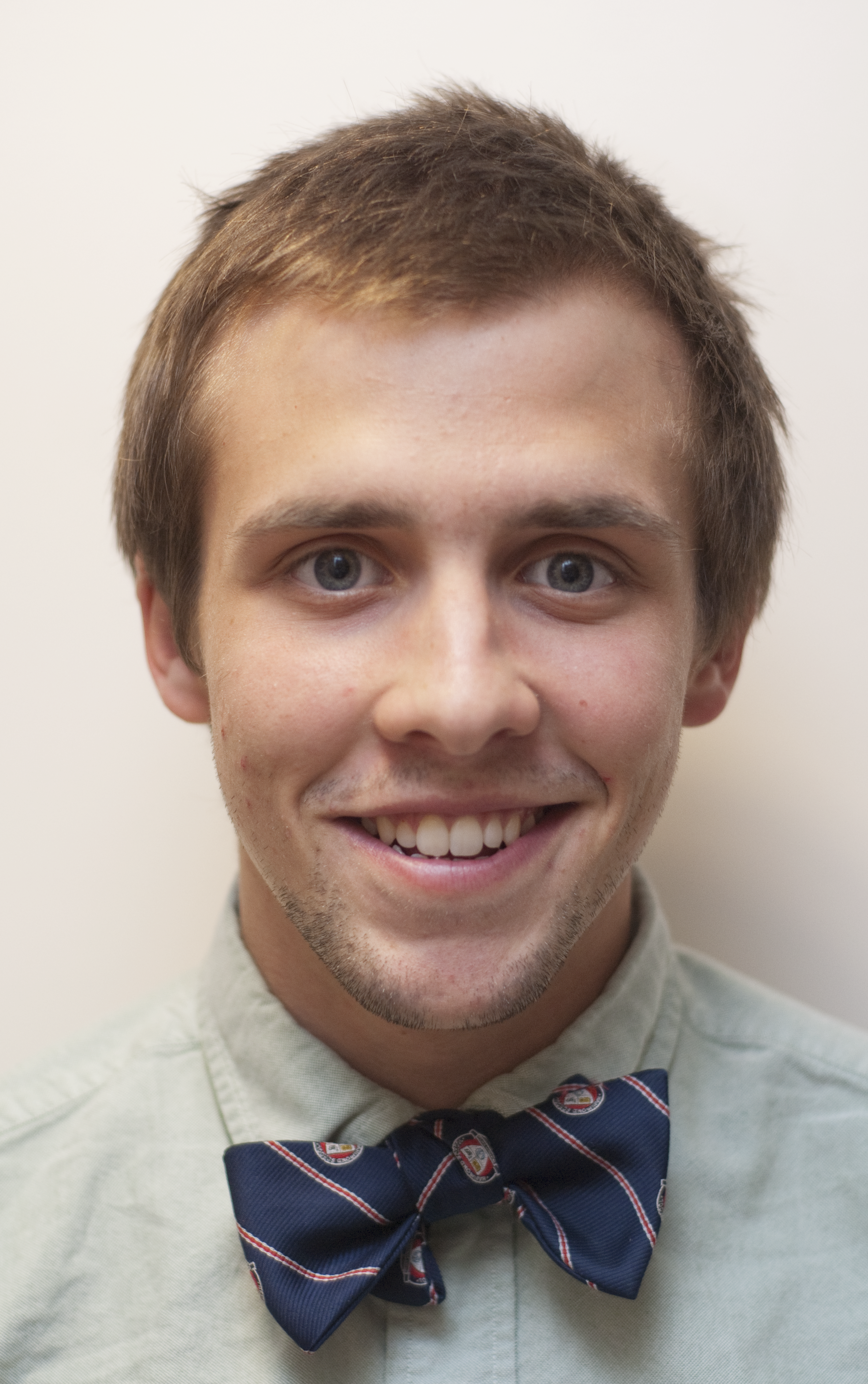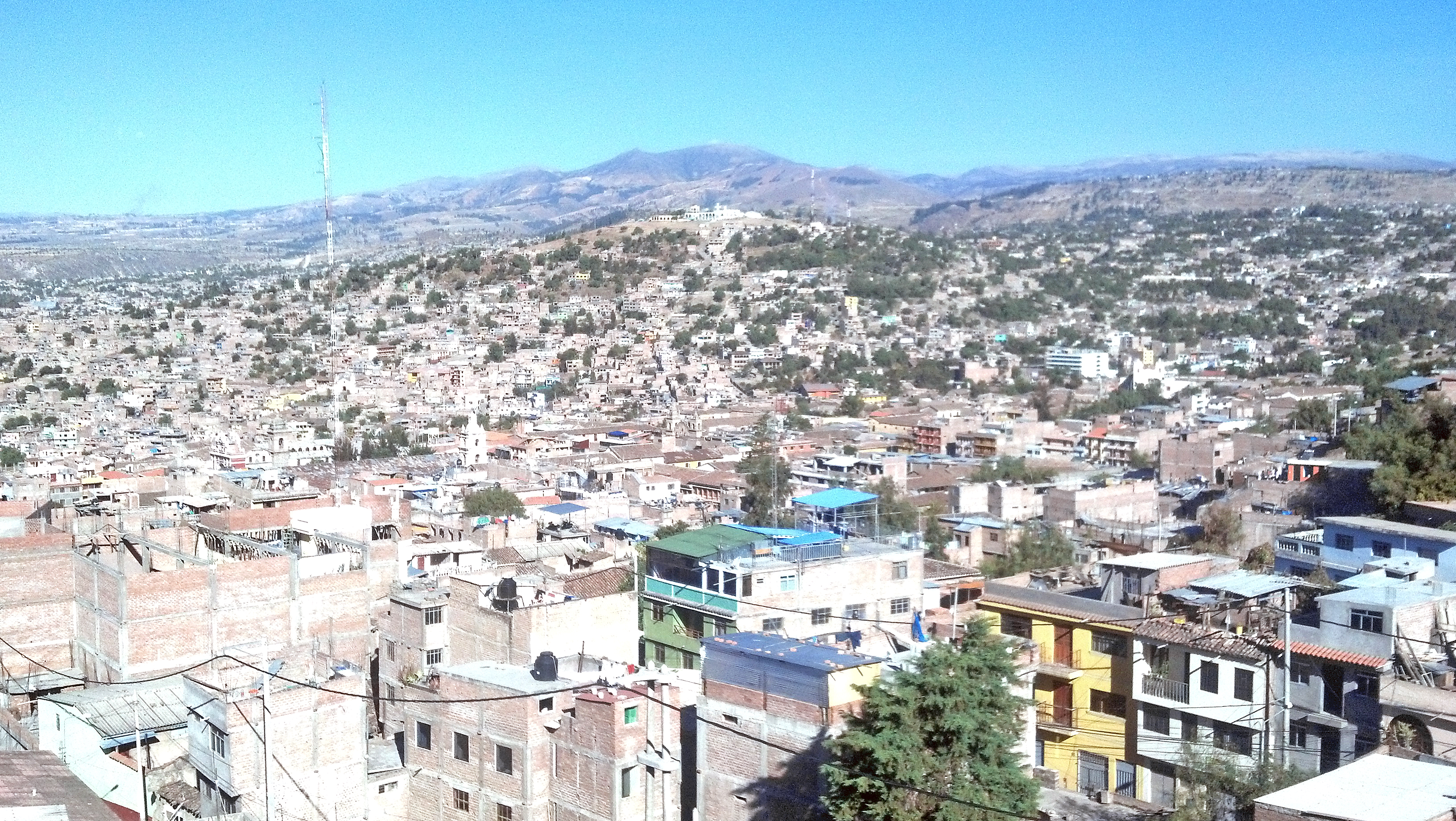
My first bed in Peru was a row of airport chairs. I’d flown into Lima at one in the morning the day after the Fourth of July, and the unconventionality and discomfort of this first night would be a recurring theme throughout my six weeks abroad.
Knowing that I would leave the next night for Ayacucho, a small Andean city, I decided to spend the day walking around the area immediately surrounding the airport.
Big mistake.
Hundreds of stray dogs, broken cars, degraded buildings and abject poverty defined this neighborhood.
Most notably, my walking journey came to a sudden, petrifying halt as I witnessed a fatal collision between an 18-wheeler and an elderly woman.
The immediacy of encountering the juxtaposition between the United States and that strange and dangerous place was jolting.
But it is in times and places that are strange, maybe uncomfortable, where you find who you are and what you want.
And so began my six-week adventure in South America ““ two weeks on a medical mission in Ayacucho followed by a few weeks backpacking alone throughout the unfamiliar country.
However, it didn’t take long for it to become familiar.
On my way to Iquitos, a remote river city only accessible by boat or plane, I decided to hop aboard a cargo ship headed down the Amazon River. Having been told it would only take three days, the trip turned into a trying weeklong experience.
We stopped periodically at various port towns and villages with plenty of opportunities to meet locals and indigenous persons trading with our particular ship.
On this boat, I found myself in the most alien environment of my life, but with this came a forceful realization that our lives back in the States are often nothing but luxury, a luxury we tend to take for granted.
This realization is what made my trip to Peru invaluable ““ and granted perspective I would likely never have found in Los Angeles.
In Peru, I spent an entire day playing translator to patients in an emergency room, distraught by its distinct differences to that of a hospital such as the Ronald Reagan Medical Center. I helped individuals who had never in their lives received any Western medical care.
I met people from all around the world wanting the same things as you and myself ““ the good life.
In Peru, I was on my own, relishing in the independence funded by a job at UCLA and a two-week stint working concrete in the record-setting heat of my home in South Carolina.
For all this work, Peru paid me back with unforgettable medical experience, the slow drift of a cargo boat downstream and the sight of endless desert, beaches and mountains.
This independence didn’t come without a price. As an out-of-state tudent paying enormous amounts of money to attend UCLA through financial aid, loans and family support, taking this sort of trip was not necessarily the most financially sound endeavor.
But what I learned in Peru wholly justified these costs. I believe that investing in my education now ““ academic or otherwise ““ will pay off in the future.
When I look back at my time abroad, I remember the hope of Davi Dos Santos Gomez, a Brazilian and former soccer player in Peru who started his own humble clothing business, and Luis Fernando, an orphan, who promised me one day he would be a doctor too so that he could buy a cellphone for himself.
I’ll also remember the 20-some hours spent on a bus ride next to a Peruvian radio and television host describing the charade that is his federal government.
His tirade confirmed that problems in America, then, aren’t just American problems. People from around the world have the same concerns ““ about education, health care and retirement. But now those federal promises of education, health care and retirement are not as viable as they once were.
Dealing with our own finances, encouraging unrestricted free speech and realizing that trade, not war, will improve our reputation abroad are essential lessons to learn before graduation. Traveling abroad amplified these beliefs.
Studying in a classroom can only go so far. Force yourself to wade into extreme and unfamiliar environments, and the beliefs you come out at the other end with ““ those are your convictions.
Email Ugarte at rugarte@media.ucla.edu. Send general comments to opinion@media.ucla.edu or tweet us @DBOpinion.
